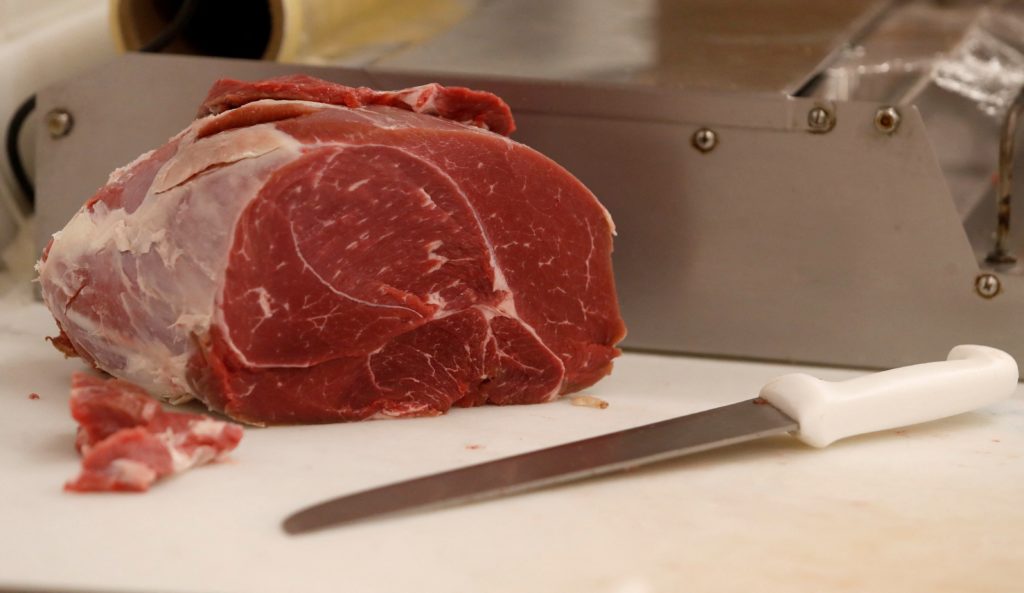São Paulo – The Brazilian Ministry of Agriculture, Livestock, and Food Supply (MAPA) confirmed this Thursday (2) the case of Bovine Spongiform Encephalopathy (BSE) reported in the country is atypical. As a result, the Brazilian government has been taking measures to ensure beef exports to countries that banned purchases are reinstated. China, Jordan, Thailand, and Iran temporarily halted purchases from Brazil, and Russia did the same with beef processed in Pará, the state where the case of BSE, popularly known as “mad cow disease,” was reported.
The fact it is atypical means that the disease occurred due to natural causes in a single animal and not in a group of animals due to contamination by feed, posing no risk of spreading the disease to the herd or humans. The isolated case occurred on a small farm in the municipality of Marabá, in the northern Brazilian state of Pará.
“Since this is an atypical case, occurred due to natural causes in a single 9-year-old animal and with all sanitary measures promptly taken, MAPA is immediately deploying the actions, following the sanitary protocols, so exports of Brazilian beef are reestablished as soon as possible,” informed the Brazilian authority in a release.
Atypical case
MAPA informed since the confirmation of the case on February 22, it has adopted transparency in its actions and all the measures required by international agreements to export Brazilian beef. The fact the case was atypical was confirmed by the technical staff of the Brazilian Ministry of Health on Thursday (2) evening after analysis by the World Organization for Animal Health (WOAH) reference laboratory. According to MAPA, this is an atypical case of type H. In a note, the Brazilian ministry highlighted the immediate official communication to the WHOA and Chinese authorities.
Importers
Jordan is not among the primary buyers of Brazilian beef. Last year, the Arab country imported USD 26 million in fresh or chilled beef from Brazil and USD 25.7 million in frozen protein, according to official data compiled by the Arab Brazilian Chamber of Commerce (ABCC). In descending order, the biggest importers in 2022 were China, the United States, European Union, Egypt, and Hong Kong.
Translated by Elúsio Brasileiro




